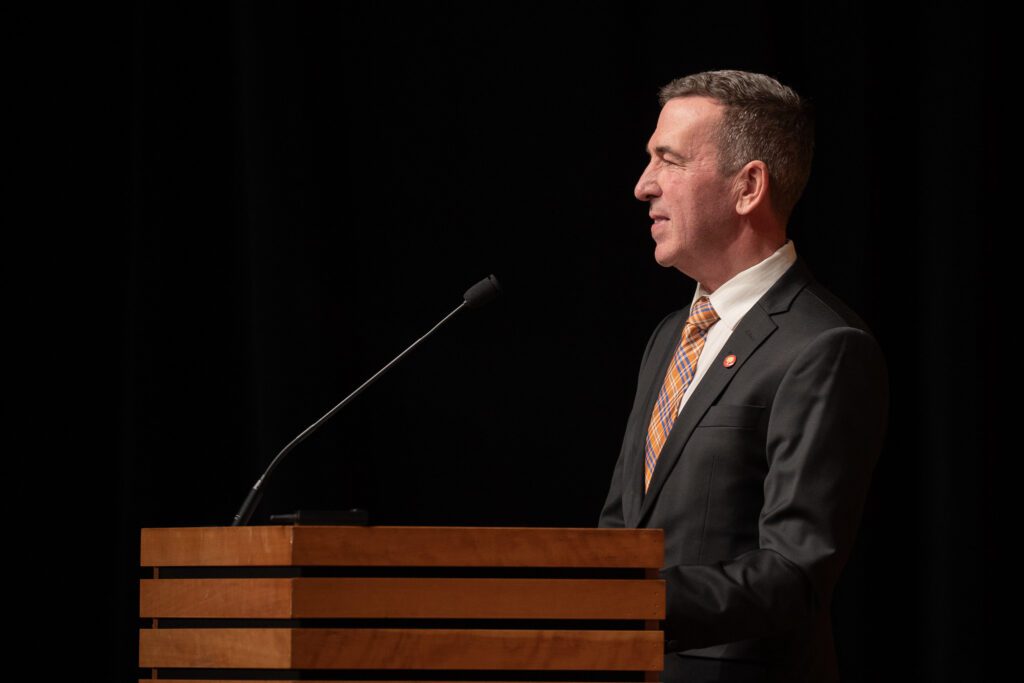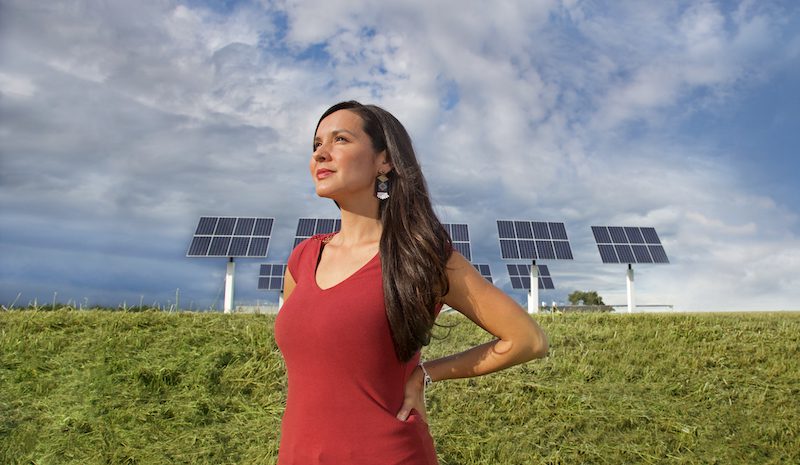Canada promised to cut its greenhouse gas emissions after the 2016 Paris Agreement. It was part of the global agreement where 195 countries all agreed to reduce their emissions, and Canada has set this promise into law. While other G7 countries are slashing emissions, Canada lags far behind. In order to meet our targets, every sector of the Canadian economy must row in the same direction. The federal government has set targets and policies for most sectors in the economy….except for the banks, pension funds, and insurers who make investments across our economy.
Why financial regulation?
Regulations are like the guardrails on the highway – they ensure safety and order. Thoughtful regulations are the reason cars have seat belts and we can trust what’s on the supermarket shelves. The government sets regulations to keep Canadians safe. Regulations don’t just apply to one company in a sector, but an industry as a whole. There are financial regulations in Canada designed to safeguard our savings and the economy, while ensuring responsible profit generation. However, there aren’t any financial regulations that relate to climate.
The issue is that our banks, pension funds and insurance companies take our hard-earned money and heavily invest in fossil fuels. Meanwhile, their voluntary pledges to ‘go green’ are not working. Financial institutions are doing whatever they can to achieve their mandate of maximizing profit in the short-term, at the expense of our collective long-term benefit. Until the rules governing the sector are changed, it will be business as usual.
In paving the way to a truly sustainable economy, Environmental Defence is pushing for stronger rules to govern Canada’s money. Let’s explore some of the new rules we are pushing for:
Roadmaps to sustainable finance
We want the government to write new rules that require all financial institutions to produce a roadmap on how they are going to stop funding the climate crisis and start funding a sustainable future. Many financial institutions have made big promises to reach net-zero, but almost all of them lack credible and accountable plans to get there (you can explore them here).
These roadmaps should be informed by science and clearly state the steps that the financial institution would take over the next few years to move their money away from climate problems and into solutions. We know that banks or insurers can’t go cold turkey on fossil fuels overnight, as this would damage communities who rely on fossil fuels for jobs and energy. However, these companies can’t be banking on climate failure forever. Rather, they need to have proper plans on how they will build clean energy across the country. This will also help support workers in the fossil fuel industry, as having proper plans for transitioning away from fossil fuels is the best way to ensure equity for affected workers and communities (read more here).
These roadmaps would also get financial companies to disclose their most risky investments: such as how many loans they have made in flood risk areas or which fossil fuel pipelines they insure. It would allow customers like us to see how seriously these companies are taking climate change.
Canada’s green investment label
Canada’s green investment landscape is a wild-west of false and misleading claims. Earlier this year, an environmental group exposed over $11 billion in so-called “sustainable loans” used to bolster fossil fuel production.
The government of Canada has long promised a new ‘sustainable investment’ label (officially called a taxonomy) which would show investors exactly which investments are aligned with fighting climate change. However, we have heard that the government wants to label fossil fuels as green under this new system. This could bake dangerous financial greenwashing into the economy for decades to come and put real climate action at risk.
We joined with fifty-five other climate organizations from across Canada in calling on the government to not label fossil fuels as a sustainable investment. You too can ask the government to not greenwash fossil fuel investments, take action below!
The Climate-Aligned Finance Act
Bill S-243, also known as the Climate-Aligned Finance Act (CAFA), introduced by Senator Rosa Galvez in 2022, offers the crucial missing piece in Canada’s climate strategy. This proposed law aims to comprehensively align financial institutions with the realities of climate change, safeguarding both our economy and our planet.
Despite receiving support from international financial and environmental experts, CAFA has not been moving forward at a pace that reflects this popular support. Bills of CAFA’s size typically undergo 15 hearings with around 40 witnesses. However, after two years, CAFA has seen only 3 hearings and 10 witnesses, and only one of them is a climate change expert. The committee overseeing the bill is chaired by Senator Pamela Wallin, a former oil sands company director, and Senator Tony Loffreda, a former executive at RBC, the world’s largest financier of oil and gas. These conflicts of interest are raising concerns about the impartiality of the committee, and sheds light on why the committee is failing to give this bill the urgent attention it needs to future proof the economy.
The need for new rules governing the financial sector is clear. It is about meeting global climate targets and keeping our planet safer, ensuring our financial institutions are working towards our best interests. Financial institutions should put the long-term needs of people ahead of short-term profit. Strong and immediate action is required to transform our national financial landscape.
Join us in our journey of transforming finance for a fairer and more sustainable future. We will continue to provide new information to help you understand more about sustainable finance, as well as opportunities to join us in the fight.








